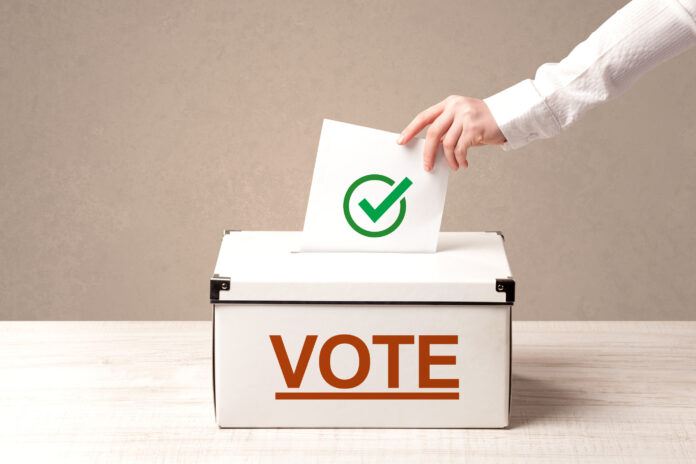In Montana’s primary elections, voters will choose from three or four party ballots, depending on their district. Those in the eastern congressional district can select ballots for Republicans, Democrats, or the Green Party, while voters in the western district have an additional option with the Libertarian Party.
The Montana Green Party’s journey to this year’s primary has been tumultuous. In 2018 and 2020, petition drives aimed to secure ballot access for the party. Although the Green Party held primaries in both years, legal challenges by Democrats removed them from the general election ballot. In 2022, a consent agreement between the party and the Montana Secretary of State’s Office resolved a federal lawsuit, recognizing one of the state’s requirements for third-party qualification as unconstitutional and allowing Green Party candidates on the ballot for the next election cycle.
This year, only two candidates filed as Greens for Montana’s U.S. Senate seat. Robert Barb of Darby, who ran for governor as a Green Party candidate in 2020, describes himself on his campaign website as living “off the grid,” engaging in hunting, fishing, and growing his own food. Michael Downey of Helena is the drought program coordinator for the Montana Department of Natural Resources and Conservation. For other statewide, congressional, and legislative races, Green Party voters will need to write in candidates.
The Montana Libertarian Party, which has had ballot access for over two decades due to consistent support in statewide elections, has a contested primary only for the western district U.S. House seat. Dennis Hayes and Ernie Noble are the two candidates listed on the ballot. Because this House race is district-specific, the Secretary of State’s Office declared statewide Libertarian candidates nominated “by acclamation,” excluding them from the primary ballot. These candidates, including U.S. Senate hopeful Sid Daoud, gubernatorial candidate Kaiser Leib, secretary of state candidate John Lamb, and clerk of Supreme Court candidate Roger Roots, will appear on the November general election ballot.
The Libertarian Party announced on social media that they plan to promote “liberty-minded” candidates from other parties before the primary. Additionally, three Libertarians are running for state legislative seats. Voters who choose Green Party or Libertarian ballots can also vote in judicial races, nonpartisan local offices, and local ballot measures.
In recent elections, both the Libertarians and Greens have faced accusations of being “spoilers,” potentially drawing votes away from Republicans and Democrats, respectively. Third-party leaders have also questioned the authenticity of some candidates running under their party labels. Sid Daoud, a Kalispell city councilmember and chair of the Montana Libertarian Party, said Dennis Hayes and Ernie Noble were new to the party but “liberty-minded” after speaking with them. He also noted that Kaiser Leib aligned well with Libertarian principles, and other candidates had long histories with the party.
Steve Kelly, an environmental activist and former Green Party candidate now serving as the state party’s ballot access coordinator, mentioned he had not yet spoken to Robert Barb and was not involved with the party when Barb ran in 2020. However, he found Michael Downey to be a credible newcomer interested in Green Party principles.
Third-party candidates are expected to gain attention in the upcoming presidential race. With established ballot access, the Libertarians and Greens will feature presidential candidates in Montana this November. Robert F. Kennedy Jr.’s independent presidential campaign has begun gathering signatures to qualify for the ballot. Meanwhile, the organization No Labels, which considered a centrist presidential ticket, collected enough signatures for the Montana ballot but decided last month against pursuing a presidential run.
By: Montana Newsroom staff




